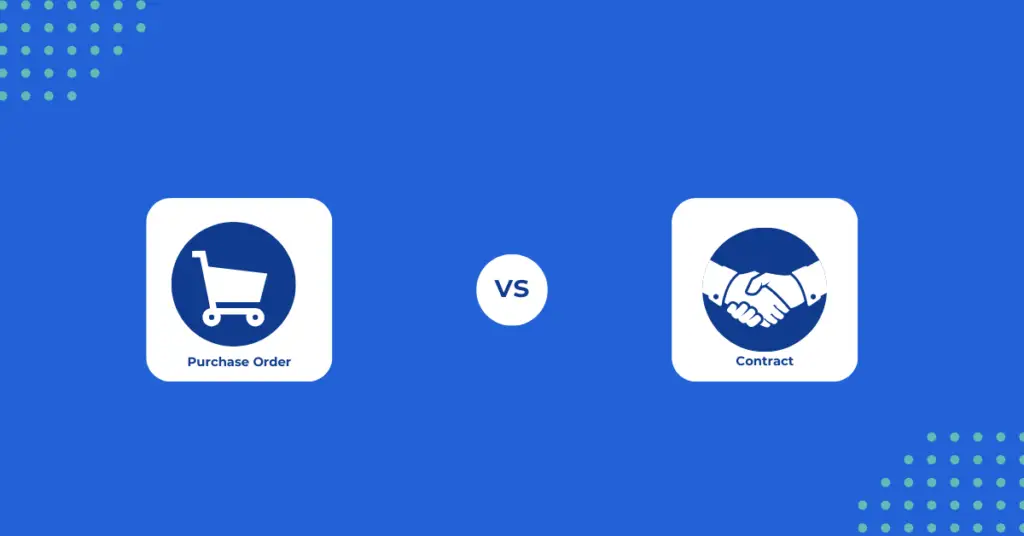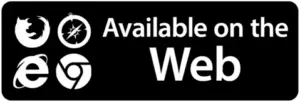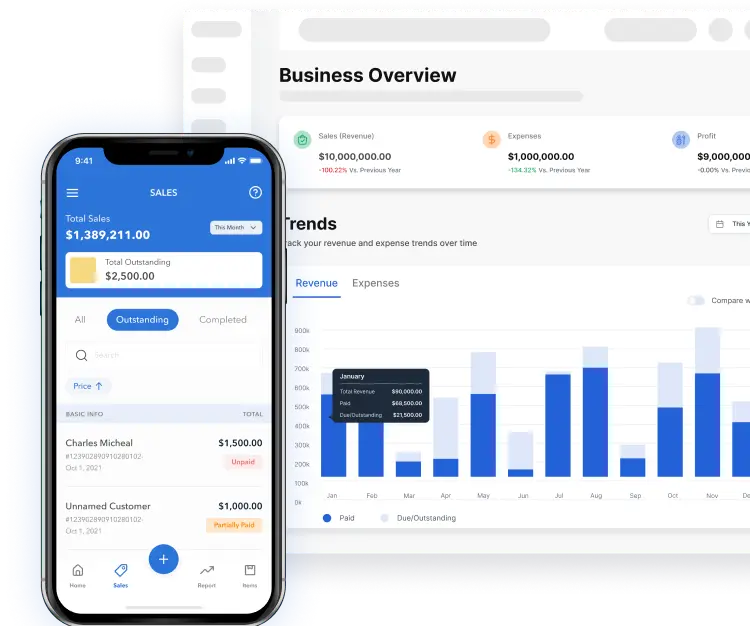In the complex world of business agreements, two crucial components—Purchase Orders (POs) and Contracts—take the spotlight. These documents serve distinct but pivotal roles in ensuring transparent transactions, clear communication, and solid legal frameworks. This comprehensive guide delves into the nuances that differentiate Purchase Orders from Contracts. We’ll explore their functions, provide step-by-step directions on creating them, and introduce you to Vencru—a versatile business management software that streamlines invoicing, purchase orders, and accounting. Whether you’re an established business owner or an aspiring entrepreneur, grasping the significance of these documents is essential for effective business operations.
The Difference between a Purchase Order and a Contract
Let’s distinguish between a Purchase Order (PO) and a Contract.
- A Purchase Order is a formal document issued by a buyer to a supplier, outlining the specific products or services the buyer intends to purchase.
- A Contract is a legally binding agreement between two or more parties that spells out the parties’ terms, conditions, and obligations. While both documents contribute to business agreements, they serve distinct purposes and hold varying legal weight.
Purchase Order Explained: What is a Purchase Order?
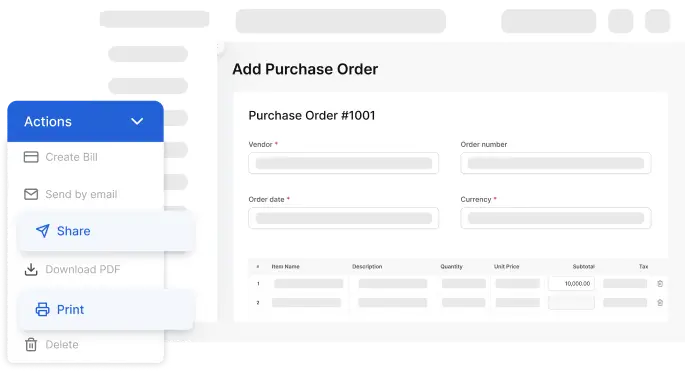
A Purchase Order is a written directive from a buyer to a supplier detailing the items or services the buyer wishes to acquire. The primary objective is to ensure clear communication and provide the supplier with crucial information to fulfill the order accurately. Purchase Orders are indispensable for maintaining transparent communication between buyers and suppliers, preventing misunderstandings regarding the transaction terms.
For instance, imagine you manage a retail store and need to restock your inventory of shoes. You generate a Purchase Order specifying the quantity, sizes, and styles of shoes you require from your supplier. This document communicates your requirements and serves as a reference point to avoid any discrepancies.
Related post: Purchase Requisition vs Purchase Order: Explained
Contract Explained: What is a Contract?
On the other hand, a Contract is a legally enforceable agreement between parties that outlines each party’s rights, responsibilities, and obligations. Contracts define the terms of a business relationship, specifying details such as deliverables, payment terms, intellectual property rights, and dispute resolution mechanisms. Contracts can range from simple agreements to intricate documents crafted by legal experts, depending on the complexity of the arrangement.
Consider a scenario where you’re a freelance graphic designer hired to create a company’s logo. You and your client draft a Contract that outlines the scope of work, deadlines, payment schedule, and ownership of the final design. This Contract provides legal protection for both parties and ensures clear expectations.
How to Create a Purchase Order
Creating a Purchase Order involves several key steps:
- Supplier Selection: Choose the supplier from whom you intend to purchase goods or services.
- Item Details: Specify the items or services you wish to order, including descriptions, quantities, and unit prices.
- Quantities: Indicate the quantities of each item you need.
- Delivery Address: Provide the delivery address where the items should be sent.
- Terms and Conditions: Outline any terms and conditions related to the order, such as delivery dates, payment terms, and warranties.
- Review and Send: Double-check the details and send the Purchase Order to the supplier.
For example, imagine you own a bakery and need to order ingredients from a local supplier. You’d create a Purchase Order detailing the quantity of flour, sugar, and other items needed and any specific delivery instructions.
How to Create a Contract
Crafting a Contract involves the following steps:
- Parties Involved: Identify the parties entering the contract, including their legal names and contact information.
- Terms and Conditions: Define the terms and conditions of the agreement, including the scope of work, payment terms, deadlines, and any applicable warranties.
- Intellectual Property: Address the ownership and usage rights of any intellectual property created during the course of the contract.
- Dispute Resolution: Outline the dispute resolution procedures, including mediation, arbitration, or legal action.
- Signatures: Obtain the signatures of all parties involved in the contract to indicate their agreement and acceptance of the terms.
For instance, suppose you’re a software developer hired to build a customized e-commerce platform for a client. You would draft a Contract specifying the development timeline, functionalities, payment schedule, and provisions for handling potential disputes.
Vencru: The Business Management Software
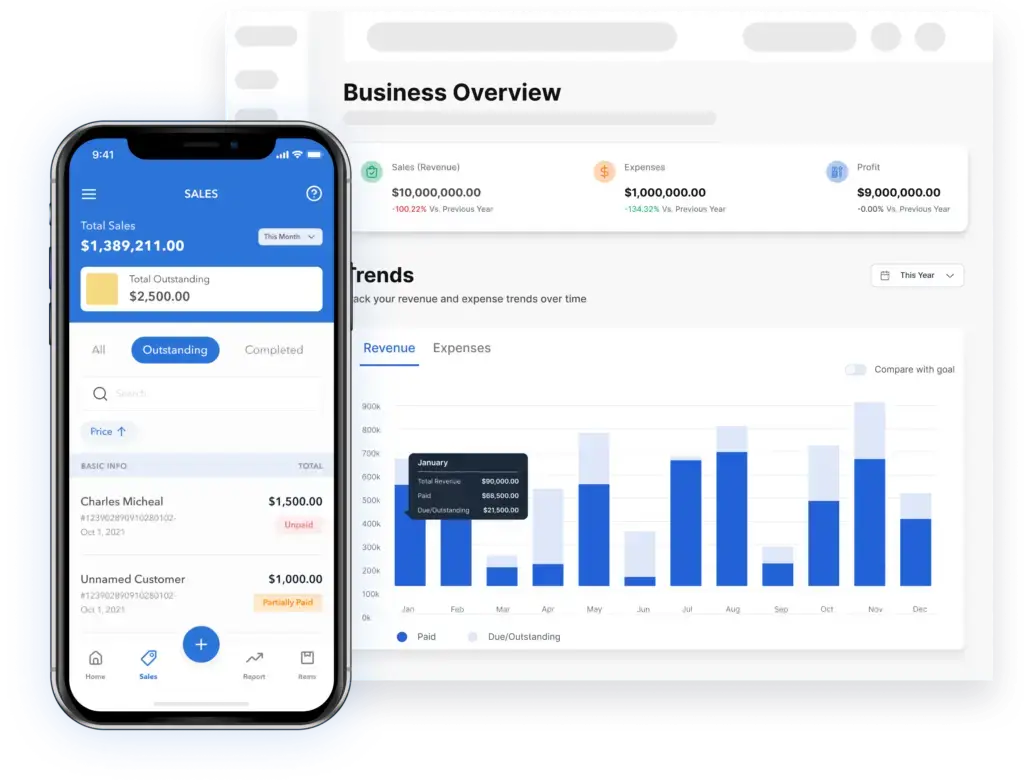
In the ever-evolving business technology landscape, Vencru emerges as a versatile tool that streamlines various aspects of business management. This software offers a range of features, including invoicing, purchase orders, and accounting, all designed to enhance efficiency and organization. With Vencru, you can:
- Invoicing: Create professional invoices that outline payment details for your customers, fostering transparent communication and prompt payments.
- Purchase Orders: Generate orders precisely, ensuring accurate supplier communication and minimizing discrepancies.
- Accounting: Maintain accurate financial records, automate journal entries, and generate essential financial statements, promoting sound financial management.
Conclusion
Understanding the distinctions between Purchase Orders and Contracts is pivotal for conducting business with transparency and legal compliance. A Purchase Order is a formal request for products or services, ensuring clear communication with suppliers. In contrast, a Contract establishes a legally binding agreement that defines the terms and obligations of all parties involved.
By mastering the creation and application of these documents, you can foster trustworthy relationships with suppliers, clients, and collaborators. As you navigate the intricate business landscape, tools like Vencru empower you to manage invoicing, purchase orders, and accounting seamlessly, elevating your operational efficiency and contributing to your business’s success.

